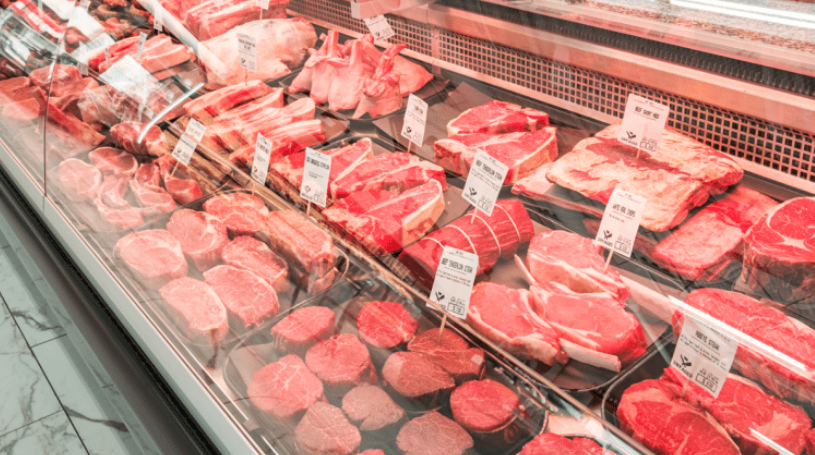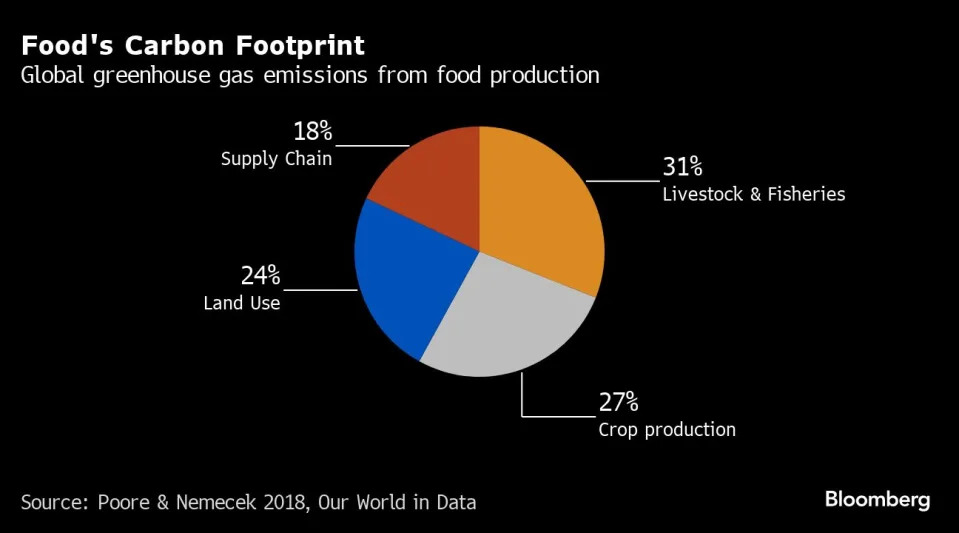by Patrick Wood, Activist Post:

Crickets, mealworms, and cockroaches are more sustainable than cattle, pigs, and sheep. The UN claims that one-third of all global “greenhouse emissions” come from agriculture, mostly from livestock and most of that from cattle. In December 2023, The UN Food and Agriculture Organization (FAO) will officially present the first Agriculture Roadmap for Net Zero By 2050. Of course, this will mean “shifting diets to reduce global production of livestock-based protein.”
This attack on food could cull the human population by billions. The remainder will “eat ze bugs.” — Technocracy News & Trends Editor Patrick Wood
TRUTH LIVES on at https://sgtreport.tv/
The world’s most-developed nations will be told to curb their excessive appetite for meat as part of the first comprehensive plan to bring the global agrifood industry into line with the Paris Climate Agreement.
The global food systems’ road map to 1.5C is expected to be published by the United Nations’ Food & Agriculture Organization during the COP28 summit next month. Nations that over-consume meat will be advised to limit their intake, while developing countries — where under-consumption of meat adds to a prevalent nutrition challenge — will need to improve their livestock farming, according to the FAO.

The guidance on meat is intended to send a clear message to governments. But politicians in richer nations typically shy away from policies aimed at influencing consumer behavior, especially where it involves cutting consumption of everyday items.
“Livestock is politically sensitive, but we need to deal with sensitive issues to solve the problem,” said Dhanush Dinesh, the founder of Clim-Eat, which works to accelerate climate action in food systems. “If we don’t tackle the livestock problem, we are not going to solve climate change. The key problem is overconsumption.”




